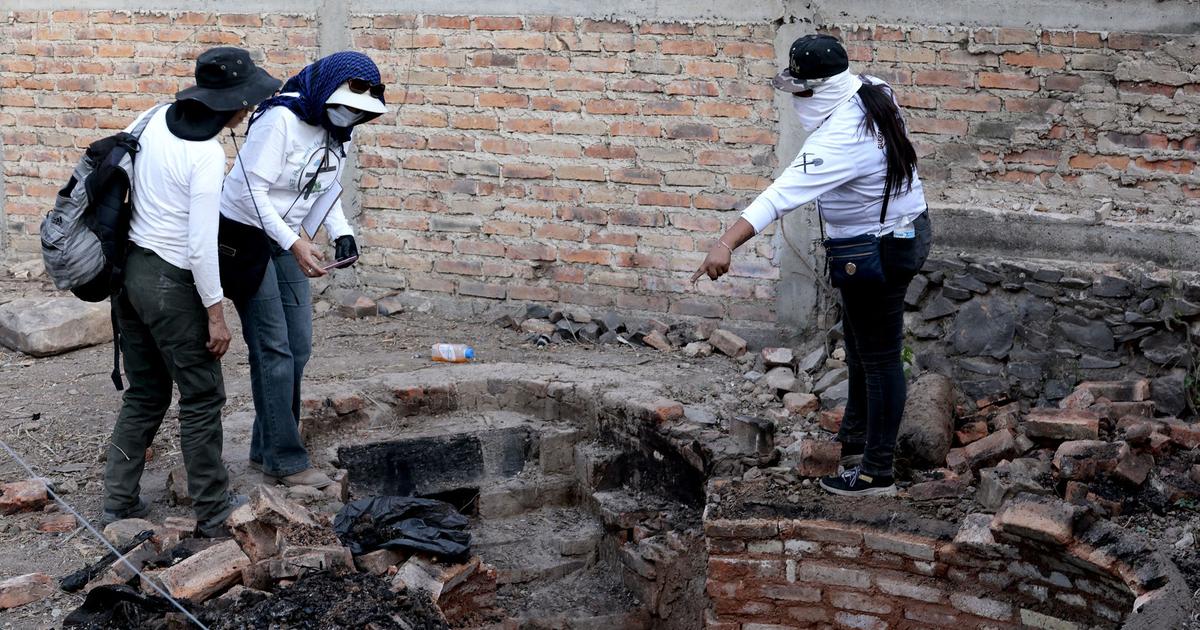One morning in July 2018, in the US capital, one of the Mexican negotiators of the North American trade agreement (TMEC) received a message from then-president-elect Andrés Manuel López Obrador.
"You have to remove any reference to the energy sector," they told him.
The order, which seemed like an impossibility, became years later the root of the disputes that confront Mexico today with its most important trading partners.
Testimonies, both public and anonymous, from people with direct knowledge of the last stage of the negotiation of the trade agreement between Mexico, the United States and Canada, show that there is a gap between what López Obrador asked for and what was done.
In his four years in power, the Mexican president has processed laws that grant a monopoly to state energy companies, canceled operating permits for private companies and reversed the commercial opening of his predecessor.
This, the US and Canada assure, violates the TMEC and to prove it, they have initiated formal consultations that put billions of dollars in revenue at risk.
Before winning the July 2018 elections, López Obrador appointed Jesús Seade, a renowned academic and economist specialized in international trade, as his future representative in the negotiations that were taking place between the three North American countries.
Indeed, after the electoral victory, Seade joined the team made up of the officials of the Enrique Peña Nieto Administration.
His mandate was to make the energy sector the exception.
At that time, such an order could be confusing, since both in the campaign and in post-election statements, López Obrador assured that he would not reverse the 2013 reform that opened the sector to the participation of private companies.
Despite the inconsistency, Seade delivered a letter to Robert Lighthizer, the US negotiator, in which he formally requested the removal of the energy sector from the treaty.
Lighthizer did not react kindly, sources recall, saying he was insulted to be receiving such treatment when his country is his biggest buyer.
Shortly after, the sources say, Seade realized that, if Mexico wanted to remain in the bloc, the energy sector had to remain as it was already scheduled.
Seade, current Mexican ambassador to China,
After a few weeks' pause in the negotiation, Seade returned to the table with an alternative text to replace chapter 8 of the treaty, which dealt with issues of regulatory cooperation in energy matters between the three countries.
Instead, Seade produced a half-page text that reiterated what the Mexican Constitution already says: that hydrocarbons in the subsoil are Mexico's property.
Since this is reflected throughout the agreement, the proposal was not met with resistance.
After this resolution, the agreement advanced in their respective congresses, was approved and signed by the three leaders, including López Obrador.
The energy reform of the previous government, contrary to what López Obrador assures, did not hand over the resources to foreign private companies, but rather allows the State to grant licenses or permits for exploration, exploitation and/or production in exchange for tax rates on income. .
Under the TMEC, US and Canadian companies would enjoy certain guarantees agreed under the trade agreement.
But chapter eight was not the only one with references to the energy sector and having completely eliminated it did not substantially change the rights enjoyed by US and Canadian companies in Mexico for having committed to play under the rules of the TMEC.
The treaty includes chapters on investment and state companies, for example, where reference is made to the energy sectors in the three countries.
Legislators from Morena, the president's party, as well as his cabinet "fail to observe that in a series of important chapters they are obliged to give fair treatment to competition, not only from the United States, but also to private Mexican companies that compete with State companies... and that is where the problem begins,” said Ildefonso Guajardo, who led the negotiations as Secretary of the Economy of Mexico, in a television program last Sunday.
In a video published on social networks by Guajardo, dated August 27, 2018, Seade assured that López Obrador would not back down on energy legislation.
He "does not intend to change the Constitution, he respects the legal framework as we have it," he told reporters in Washington.
“What was done was to find how we can do a different engineering in the design of the texts to achieve a new text in the treaty that reflects full respect for the Constitution and the existing legal framework.
And then, Seade pointed out directly: “It was not, at any point, an exercise in negotiating content, not at all.
There was no content negotiation.
There were no content discussions with my friends here, much less with the United States.
It was a design of shapes so that, legally, the padlock was perfectly hard”.
A reengineering of the text was not what López Obrador had asked Seade to do, two sources with direct knowledge agree.
The request was that the energy sector be removed from the TMEC, which did not happen.
However, the president has said on several occasions and at a press conference that what is written in chapter 8 protects him.
There are three ways that Mexico will have to pay damages if the TMEC dispute panel rules against it.
First, the United States Government will estimate the damages incurred during the time that López Obrador's legislation violated the agreement;
the second allows US private companies to estimate the economic damages for which Mexico would be obliged to pay;
and, the third, the tariff route, since the US could impose quotas on the products it imports from Mexico, which would be paid by private companies.
“My impression is that the experts from the Ministry of the Economy know that the probability of losing these consultations is very high,” Guajardo said, “but at the same time they have to resort to the cabinet responsible for energy policy in order to defend themselves or demonstrate to the interior that there is no way to be able to argue against these accusations”.
subscribe here
to the
newsletter
of EL PAÍS México and receive all the informative keys of the current affairs of this country
50% off
Subscribe to continue reading
read without limits
Keep reading
I'm already a subscriber









